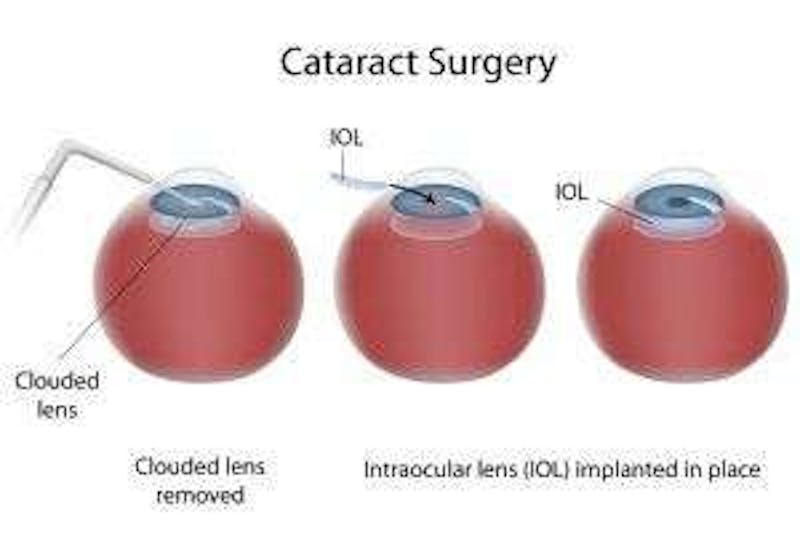27
Jan

Pterygium
is characterized by a pink tissue growth on the sclera (the white part of the eye), which seems to be the result of chronic exposure to ultraviolet light. In fact, because many surfers suffer from pterygium, the condition is often called surfer's eye. is not cancerous and...
View MoreCategories: We Can Help With Corneal Disorders Disorders
27
Jan

Intraocular Lenses
If your vision is blurred due to cataracts and you are pursuing surgical intervention to correct the problem, you are likely considering which intraocular lens (IOL) to choose, to restore your vision after cataract surgery. There are a variety of IOL options to choose from. Your ...
View MoreCategories: We Can Help With Cataracts
27
Jan

Strabismus Causes and Treatment
In order for your eyes to focus normally, six muscles around each eye must work together. When your two eyes see different images, your brain tends to favor the stronger eye. This means the weak eye gets weaker, resulting in amblyopia, or “lazy eye. ”Risk factors for d...
View MoreCategories: We Can Help With Adult Strabismus
27
Jan

Post-Concussive Vision Syndrome
More than 300,000 sports-related concussions occur each year, according to research. Many more concussions result from motor vehicle accidents, falls, and other non-sports related incidents. In addition to causing cognitive difficulties, concussions may result in a cluster of pro...
View MoreCategory: Visual Rehabilitation
27
Jan

Special Needs
The cognitive differences of special needs children and adults are well-documented, but vision issues often receive less attention. People with special needs have the same range of vision issues as their neurotypical counterparts; however, these vision problems occur at a much hi...
View MoreCategory: Visual Rehabilitation
27
Jan

Traumatic Injury
Accurate vision involves much more than good eye health. The brain integrates signals from the eyes with information from the motor, balance, and auditory systems to create an accurate view of the world. Following traumatic injury, one or more components of this complex system ma...
View MoreCategory: Visual Rehabilitation
27
Jan
Amblyopia
, commonly called lazy eye, refers to the improper development or significant loss of vision in an eye. It occurs when the brain does not acknowledge the images seen by the amblyopic eye. Causes occurs when an individual cannot use binocular vision (both eyes working together) du...
View MoreCategory: Vision Problems
27
Jan

Blurry Vision
There are many potential causes for blurry eyes. The answer to why you have blurry vision is best answered by your eye care professional, who can offer diagnosis and prompt treatment so that your vision does not get worse. Some conditions that cause blurry vision are easy to trea...
View MoreCategory: Vision Problems
27
Jan

Double Vision
Double vision, also known as “seeing double” or the medical term diplopia, is the perception of two images of a single object. This occurs when two nonmatching images are sent to the part of the brain that processes visual input. Over time, the brain eventually begins...
View MoreCategory: Vision Problems
27
Jan

High Order Aberrations
In an ideal world, everyone would have perfectly-shaped eyes. The reality, however, is that practically every eye has some form of aberration somewhere in it. These aberrations may or may not cause vision problems, but don't be too surprised if your eye doctor informs you that yo...
View MoreCategory: Vision Problems
27
Jan

Hyperopia (Farsightedness)
An eye condition affecting roughly 50 percent of individuals who need glasses, hyperopia (commonly called farsightedness) is characterized by difficulty focusing on nearby objects while being able to see objects at a distance properly. Hyperopia occurs when your eyeball is too sh...
View MoreCategory: Vision Problems
27
Jan

Myopia (Nearsightedness)
Myopia, commonly called nearsightedness, is a refractive error of the eye, meaning that the shape of the eye or its cornea improperly bends light as it enters the eye. This hinders your ability to focus. Myopia is the most common refractive error of the eyes, and is caused by sev...
View MoreCategory: Vision Problems


